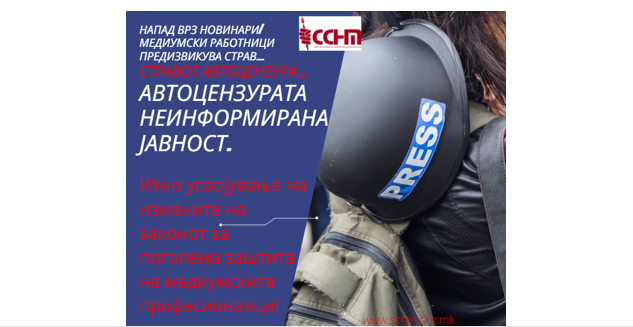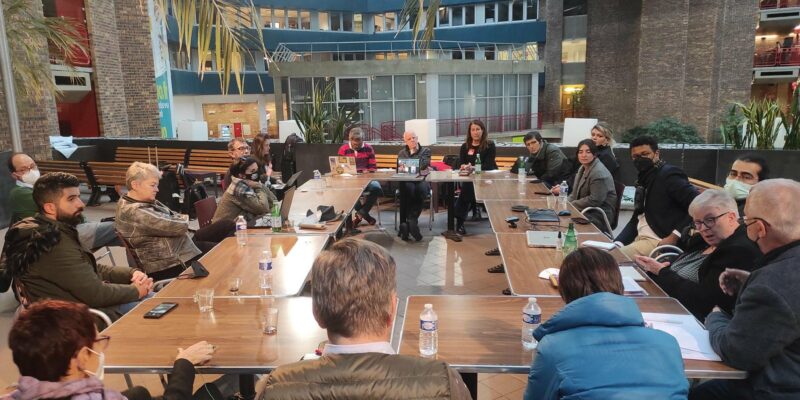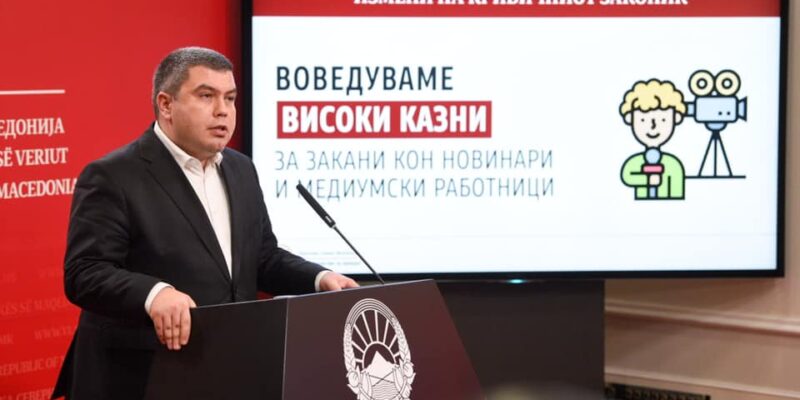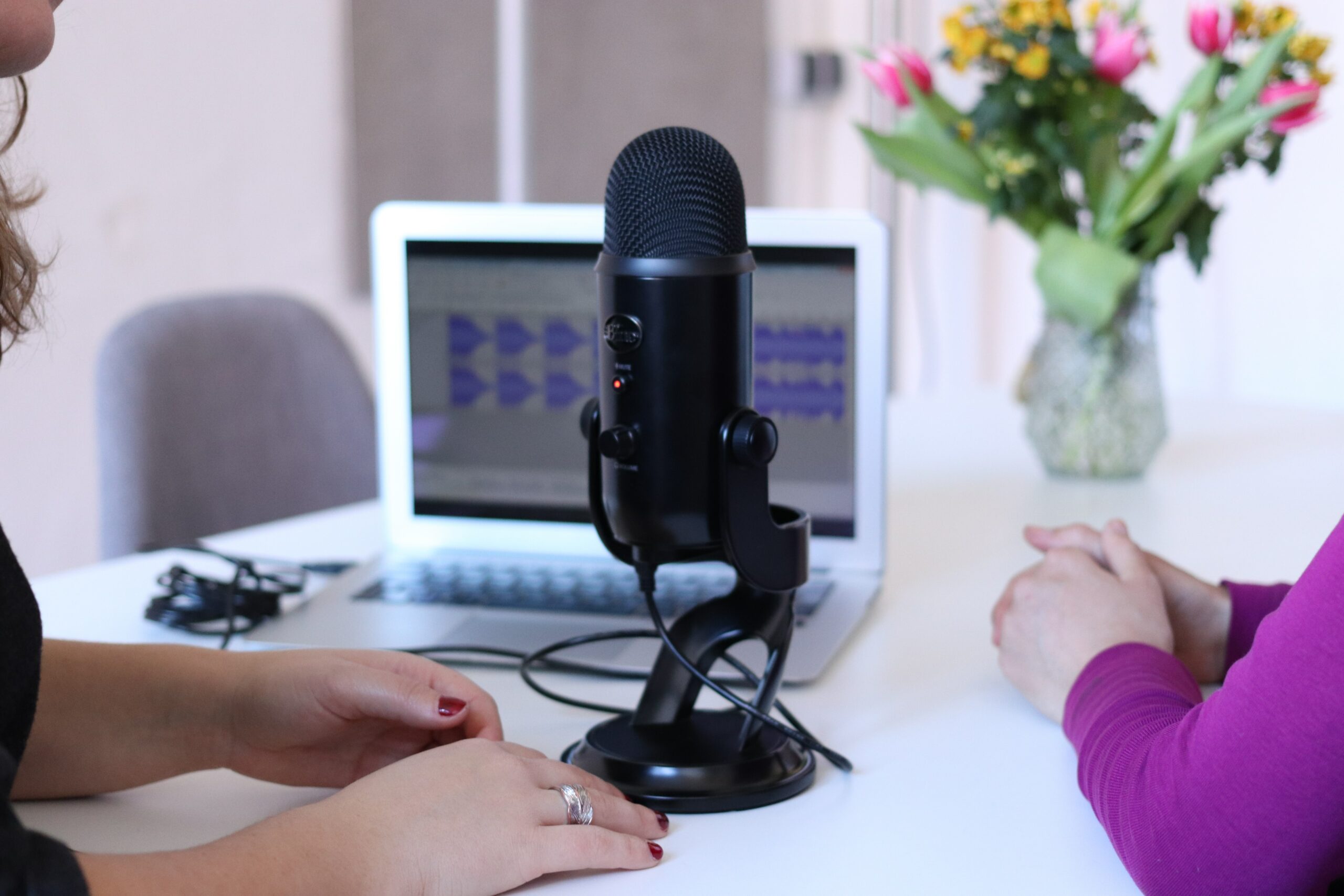With financial support from the EU and UNESCO, the European Federation of Journalists (EFJ) is promoting freedom of expression and press freedom in South East Europe and Turkey. The project, entitled Building Trust in media in South East Europe and Turkey, seeks to strengthen freedom of expression, access to information, free, independent and pluralistic media, ensuring that journalists and media are key drivers for democratic, sustainable and peaceful development in the region.
The project is being implemented in Albania, Bosnia and Herzegovina, the Former Yugoslav Republic of Macedonia, Montenegro, Serbia and Turkey, as well as in Kosovo (administered by the UN Interim Administration Mission in Kosovo in the context of UN Security Council Resolution 1244) since 2016.
The focus of the project Building Trust in Media in South East Europe and Turkey is on improving media accountability mechanisms, media internal governance and information literacy among citizens to strengthen civil society support for the media and demand for quality media.
The European Federation of Journalists (EFJ) is working towards the objective to develop national social dialogues and ensure the implementation of labour rights in the field of media, in partnership with its affiliates in the region.












